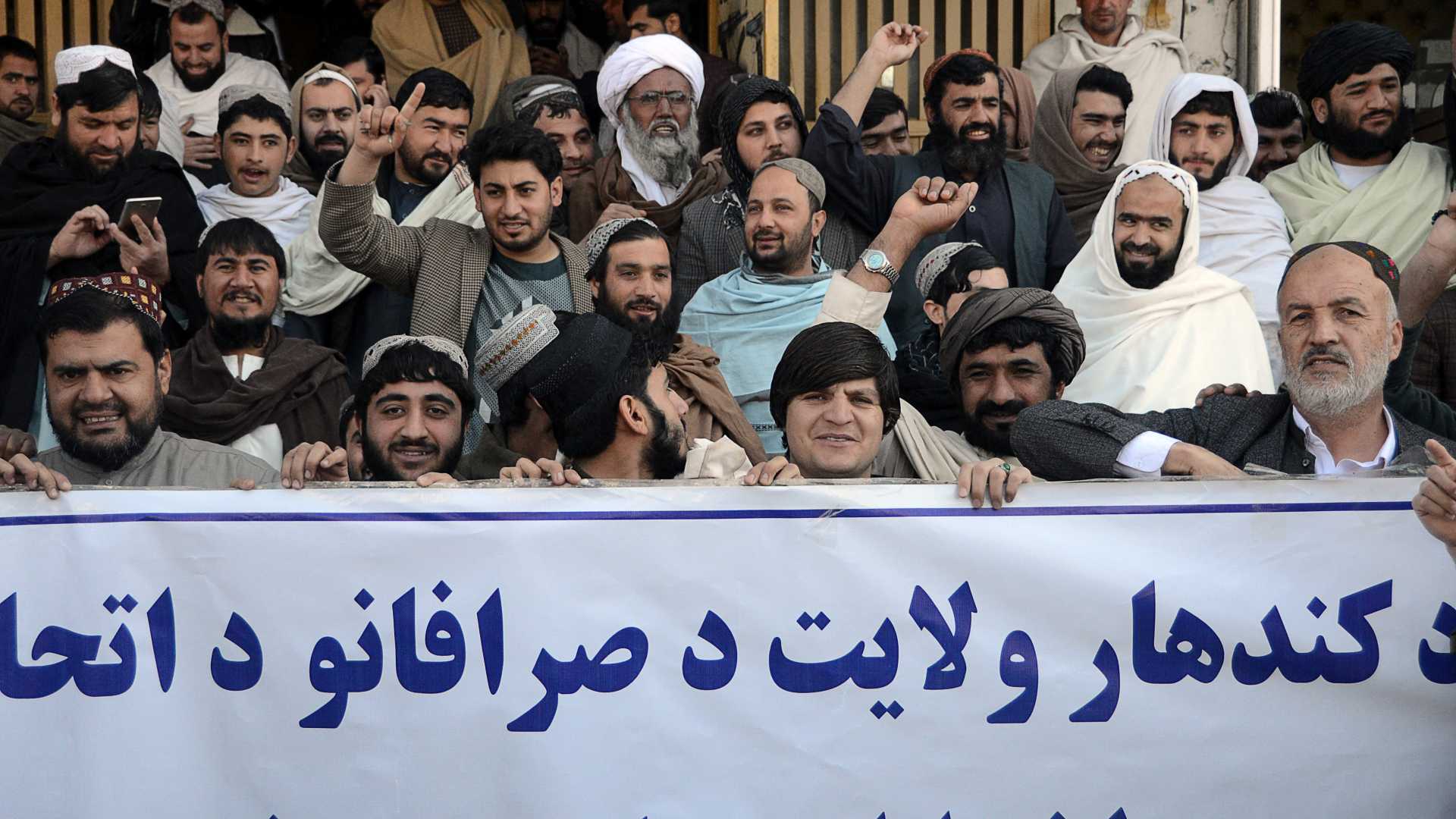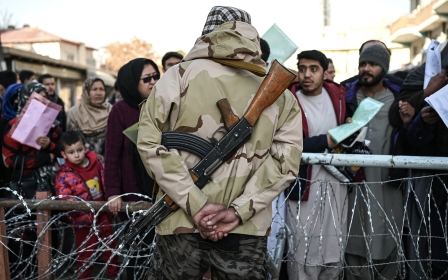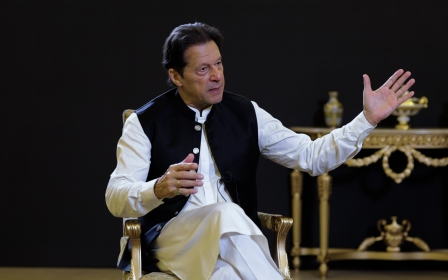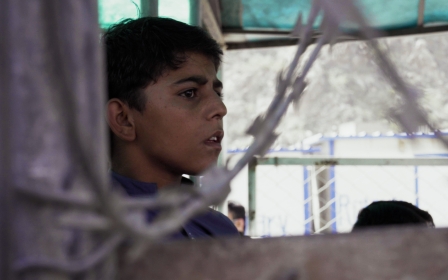Why a stable Afghanistan is in everyone’s interest
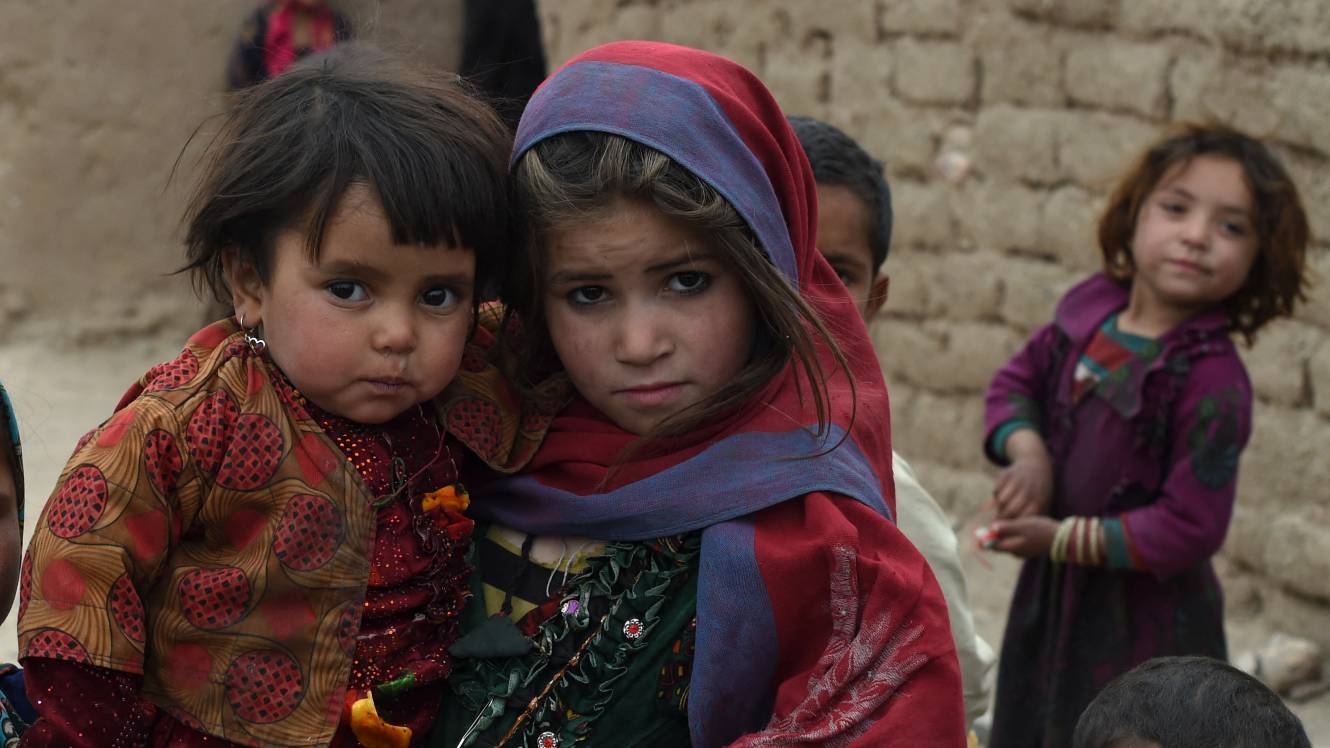
US President Joe Biden’s recent decision to seize half of Afghanistan’s Central Bank reserves to be used as a slush fund to pay the families of 9/11 victims is unconscionable.
No matter how one looks at it, the truth is that the US federal government is stealing Afghanistan’s money
No matter how one looks at it, the truth is that the US federal government is stealing Afghanistan’s money. Biden’s decision was politically motivated, and he is now looking for legal justification only after the fact. The truth is that the administration is hoping to garner support from the victims of 9/11 and shield the administration from attacks on the right, primarily as the mid-term elections draw nearer- all in the name of helping alleviate the suffering of starving Afghans.
It would seem like a cruel joke if it weren’t true.
Afghanistan’s Central Bank, also known as Da Afghanistan Bank, issued a statement soon after the Executive Order was announced, making clear that the Biden administration had no right to do this and that “the real owners of these reserves are people of Afghanistan. These reserves were not and is not the property of governments, parties and groups and is never used as per their demand and decisions.”
Afghanistan had deposited its $7bn federal reserves in what they assumed was the safest place, i.e., the United States. It is not unusual for developing countries to place their reserves in more stable western economies. This is especially true when a country is ravaged by war, and the chances of a state collapse are high.
New MEE newsletter: Jerusalem Dispatch
Sign up to get the latest insights and analysis on Israel-Palestine, alongside Turkey Unpacked and other MEE newsletters
Ironically, many poor and unstable countries do so because they assume the United States is the safest place for their country’s reserves. In retrospect, the United States proved to be precisely the wrong place for the funds to have been placed.
A personal animus
One begins to wonder if Biden has a personal animus towards Afghanistan. In some of his previous public statements, he has sometimes spoken negatively about Afghanistan and even malice towards its people. His disdain for Afghanistan and its people was shown when he announced the withdrawal of troops last April. A few months later, it became even more evident when Biden gave a series of speeches about the US withdrawal from Afghanistan.
In seizing nearly half of Afghanistan’s hard currency reserves, the US is taking a dire financial situation and making it worse. Furthermore, distributing the other half of the funds through aid agencies ensures long-term dependency on aid.
Many of these same agencies that have received assistance over the past 20 years have only contributed to the weakening of state institutions. Since August, the Afghan currency has lost more than 25 percent of its value against the dollar, making it "the world’s worst-performing currency".
According to the Special Inspector General for Afghanistan Reconstruction (SIGAR), An estimated 40 percent of all crops were lost in 2021. With 80 percent of Afghan livelihoods dependent on agriculture & livestock, the drought lowered crop yields & food output nationwide and diminished household incomes for millions of Afghans. The United Nations estimates that 97 percent of Afghans could fall into poverty this year.
People are so desperate that they are selling their own daughters, anything to survive.
"The current humanitarian crisis could kill far more Afghans than the past 20 years of war," David Miliband, president of the International Rescue Committee, wrote recently. The World Health Organization and World Food Program estimate that 3.2 million Afghan children under the age of five will suffer from acute malnutrition this winter, with one million at risk of dying.
A bad precedence
The Afghan civilian population had nothing to do with the war yet has paid the heaviest price.
"What Biden is proposing is not justice for 9/11 families; it is theft of public funds from an impoverished nation already on the brink of famine and starvation brought on by the United States’ disastrous withdrawal,” Bilal Askaryar, an Afghan-American activist, told Al Jazeera. As Anand Gopal succinctly points out: "The US has decided to isolate this country and effectively punish 30 million people because they have the wrong government."
The Biden administration’s decision sets a bad precedence for other major powers. Just imagine if China or Russia tried to pull off this move, it would be viewed as outright theft
The Biden administration’s decision goes against our long-term national interests and harms America’s reputation internationally. It is a reminder once again of America’s blundering withdrawal from Afghanistan. The Biden administration’s decision to loot the assets legally held by another sovereign government to reward its citizens sets a bad precedence for other major powers. Just imagine if China or Russia tried to pull off this move, it would be viewed as outright theft.
The sad truth is that the US decisions now give these other countries reason to do the same.
The Afghan state is collapsing. It’s in no one’s interest to have a failed state in Afghanistan. A failed state will lead to mass starvation, further instability in the region, and a vacuum likely filled by extremist groups, including IS-Khorasan, which is already taking root in several eastern and southern provinces.
As Ezra Klein correctly points out, America’s current policy in which we "choke the Taliban with one hand while handing out aid and sanction exemptions with the other" and yet still expecting a positive outcome is the definition of absurdity. The Biden administration needs to change course and not lose sight of the big picture.
Here is what needs to happen.
Easing crippling sanctions
First, Afghanistan requires a stable functioning central bank, which requires support for the Da Afghanistan Bank (DAB).
As part of this effort, the Biden administration must immediately reverse its Executive Order, return the $7bn to its rightful owner, and deposit these funds back into the DAB. This will allow the central bank to inject liquidity into the country, stabilise the economy, print the local currency, and regulate the banking sector.
Second, the US needs to ease the sanctions that are in place. These crippling sanctions, asset freezes, and other economic restrictions by Western governments have severely hampered trade and constricted much of the country’s economy.
The sanctions have made it more difficult for the government to pay civil servants and provide essential services in the critical areas of health care, education, and agriculture. A collapsing economy will force more Afghans to flee the country. Afghanistan needs a viable economy. Humanitarian assistance will never be sufficient or sustainable.
As the Crisis Group points out, support should be targeted at Afghan livelihoods - not the state-building efforts of the past, in which donors supplied 75 percent of the Afghan government’s budget. Miliband made this clear in his testimony before the Senate Foreign Relations Committee.
“This crisis will not be solved by more humanitarian aid.” “Aid cannot make up for an economy deprived of oxygen. Economic collapse makes the humanitarian challenge like running up an escalator that is going down faster and faster. It becomes impossible. That is why the need today is not just for more aid; it is for different policy.”
Third, the US has a moral obligation to help alleviate the continued human suffering it contributed to in Afghanistan.
There are tens of thousands of Afghans who served with the Western occupation who were left stranded as the US withdrew. The US must take in those that helped us over the past 20 years while also supporting resettlement efforts for refugees fleeing Afghanistan.
Marshal Plan
A recent proposal by former British secretary of state of international development, Rory Stewart, put forward by the Atlantic Council and endorsed by senior diplomats and parliamentarians in the United Kingdom, European Union, Canada, and the United States.
The US has a moral obligation to help alleviate the continued human suffering it contributed to in Afghanistan
As Azeem Ibrahim summarises, every Western democracy that participated in the Afghan project over the past two decades offers to accept and resettle 0.05 percent of their population per year in refugees from Afghanistan - at least while the humanitarian crisis there persists. The proposal, as Ibrahim summarises, would translate into approximately "33,026 for the United Kingdom; 166,400 for the United States; and 120,000 for a coalition of willing EU member states."
It is a manageable number and only a fraction of the total immigration rates these countries see in any given year.
Finally, the United States needs a bold and ambitious Marshall Plan for Afghanistan. After World War II, the United States invoked the Marshall Plan to rebuild Germany. The plan allowed Germany to rebuild its war-torn country, restore demolished cities, revitalise major industries, and grow a devastated economy.
It was an attempt to avoid the mistakes made by Western allies after the First World War. It showed great foresight, demonstrated the tremendous generosity of the United States, and gave hope to millions of Germans. We should do the same for Afghanistan.
The US can begin by taking the lead in the upcoming United Nations campaign to raise US 8bn for Afghanistan. It is morally the right thing to do and in our long-term national interest. A stable, thriving, and prosperous Afghanistan is in everyone’s interest.
The views expressed in this article belong to the author and do not necessarily reflect the editorial policy of Middle East Eye.
Middle East Eye delivers independent and unrivalled coverage and analysis of the Middle East, North Africa and beyond. To learn more about republishing this content and the associated fees, please fill out this form. More about MEE can be found here.




